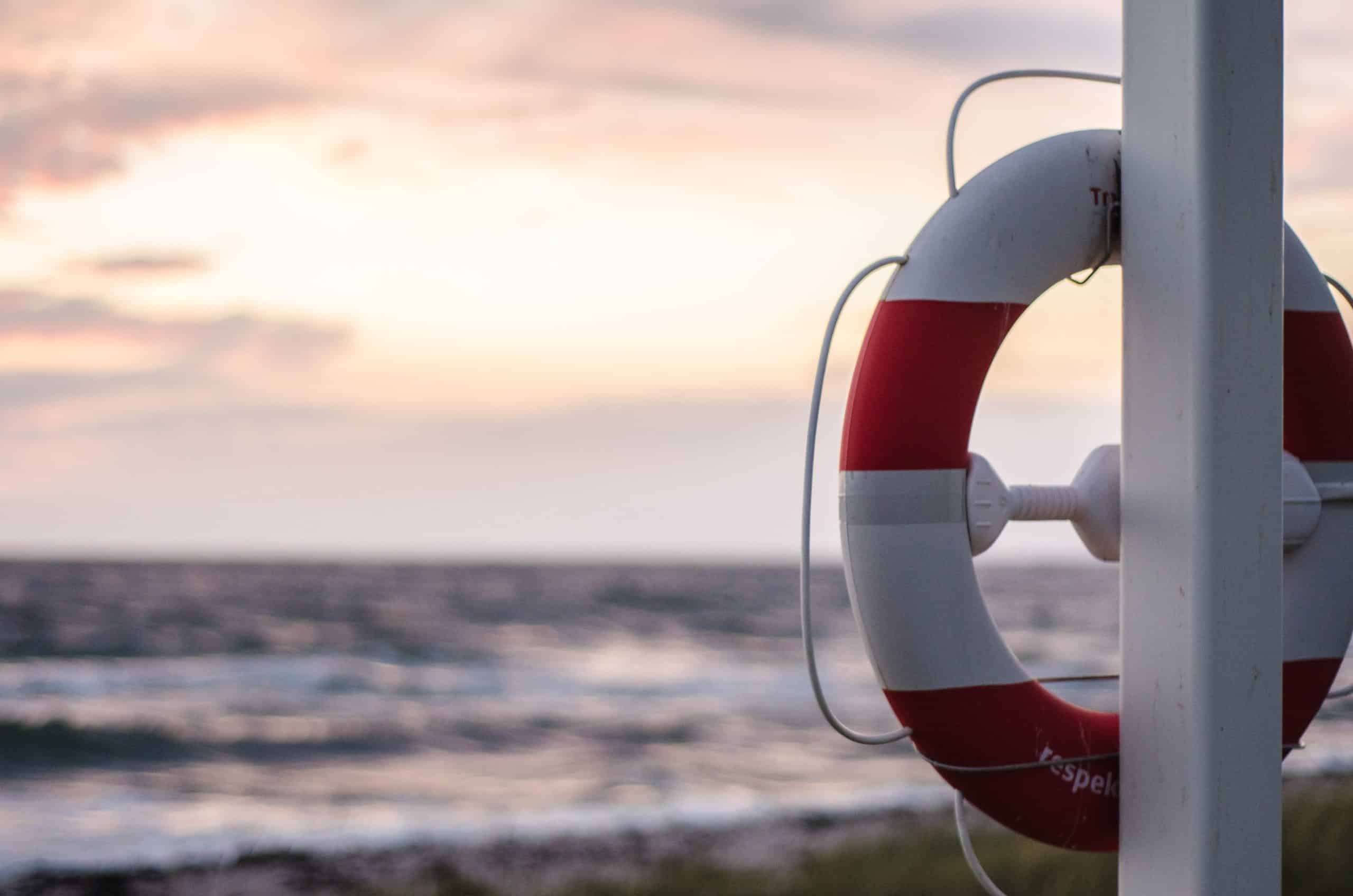Nurture mental health during the pandemic
Helpful strategies to use during this time of uncertainty
During COVID-19, our physical health isn’t the only thing to safeguard; our mental health is important, too.
Jon Jon Rivero, chief executive officer and founder of Qi Creative, is a certified trauma practitioner.
“[The pandemic is] impacting our brains; we get into that fight, flight, or freeze mode,” he says.
One example is how people have been buying up toilet paper or hand sanitizer. “It’s an action that people have control over.”
The important thing to know about this pandemic is that because this is new to all of us, everyone is affected.
“It doesn’t spare anybody. We all need help,” says Rivero.
That said, some people may be affected more than others. In terms of that fight-or-flight response, this pandemic may affect those already vulnerable to emotional, physical, or mental challenges.
“These challenges amplify already existing challenges.”
Rivero offers a few suggestions that can help people navigate these uncertain times.
Try performing a body scan. This involves noting how each part of your body feels from head to toe. During that time, breathe in for seven seconds and then out, as slow or as fast as is preferred.
“This will engage your parasympathetic nervous system. It helps our brains connect to social engagement systems and helps bring feelings of safety and belonging. It will help regulate the fight, flight, freeze response,” Rivero says.
He suggests doing the body scan on a daily basis. “It impacts muscles, breathing, heart rate—it’s actually an evidence-based approach.”
Other activities that help engage the parasympathetic nervous system include yoga, singing, facial massage, exercise, or aromatherapy.
He also suggests paying attention to inspiring stories of hope.
“Don’t just focus on negativity,” says Rivero. “I read an amazing story of someone who’s 100 years old and recovered from COVID-19.”
He adds, “Don’t keep [your feelings] inside. Please reach out. Call a friend, a family member, or a help line like the Distress Line, especially if you’re in crisis.”
It’s important to pay special attention to mental health during this time.
“In a panicked state, we may not make the best decisions. It’s OK to know we’re not alone and it doesn’t make us less of a person to know we’re not feeling our best.”
Rivero’s website, mynameistrauma.com, has other helpful strategies.
“We’re all in this together. You can’t compare one person’s situation to another. It’s best to be extra kind to everyone. Be as kind and as loving to as many people as possible.”
Call the Distress Line at 780.482.HELP (4357) for 24-hour support or call 211 to access an information and referral line.
Featured Image: Looking after your mental health is a priority. | Pixabay







